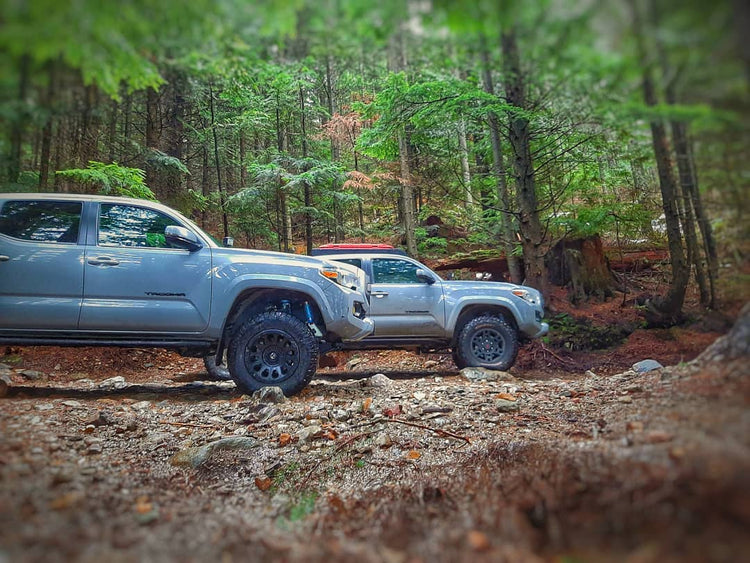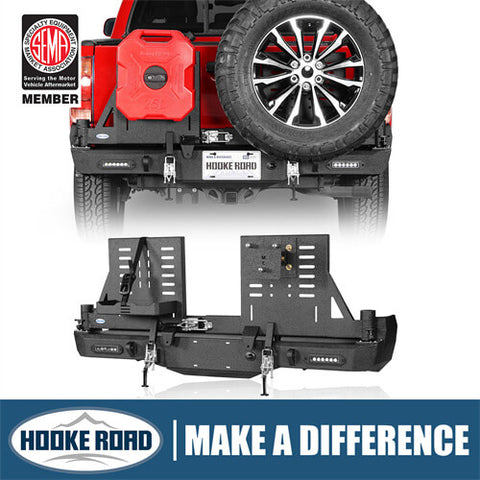As summer approaches, off-roading enthusiasts are eagerly preparing for the upcoming season of adventure and excitement. The allure of off-roading lies in the thrill and freedom it offers, allowing enthusiasts to explore rugged terrains and conquer challenging obstacles. However, amidst the exhilaration, it is of utmost importance to prioritize safety above all else.
- Comprehensive Vehicle Inspection:
Before heading out, it's essential to conduct a thorough vehicle inspection, including checking the fuel level, tire pressure, steering, brakes, and chassis to ensure the vehicle is in optimal condition. If possible, it is advisable to carry a spare fuel tank to prevent the inconvenience of running out of fuel in remote areas, turning an off-road adventure into a challenging experience.
- Vehicle Body Protection:
Off-road vehicles face extreme environments, including rough terrain, gravel, mud, and even non-existent roads. Therefore, the body protection requirements for off-road vehicles are more demanding than those of regular vehicles. It is crucial to have robust measures in place to safeguard the vehicle's body, surpassing standard paint coatings.

- Spare Tire and Safety Rope:
When venturing off-road, unexpected situations are inevitable. The road conditions may be more unpredictable than urban streets, and there is a risk of tire punctures or encountering marshy terrain. Having a spare tire and safety rope becomes crucial in such situations.
Installing a suitable spare tire carrier or a rear bumper with an integrated spare tire carrier is highly convenient. These accessories provide a secure and accessible location for carrying a spare tire, ensuring it is readily available when needed.
- Weather Check:
Before embarking on an off-road adventure, it is important to check the weather conditions in advance. Plan the route accordingly and ensure you have necessary tools such as shovels, jacks, and first aid kits. This preparation helps you avoid potential troubles caused by weather factors and unforeseen circumstances.
- Travel in Groups:
Regardless of your off-roading skills or vehicle performance, it is crucial to travel in groups. It is recommended to have at least three or more off-road vehicles traveling together. This way, if a vehicle gets stuck in challenging terrain, others can provide timely assistance.
Conclusion
No matter the off-roading expertise or vehicle capabilities, traveling in groups is essential. It is advisable to have a minimum of three off-road vehicles traveling together. This ensures that if a vehicle encounters difficult terrain, others can provide prompt assistance and support.



